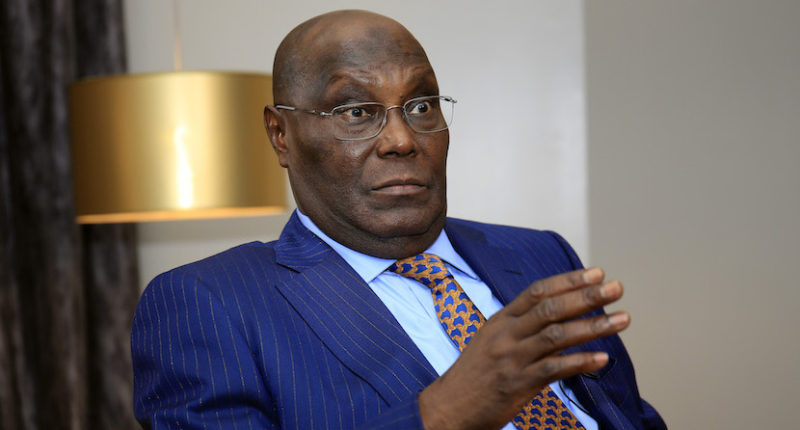Nigeria is 75 days from the 2023 general elections; one of the toughest presidential elections in its recent history as, since the country returned to democratic rule in 1999, it has contested the presidency between two major political parties. In the forthcoming elections, the presidential seat is closely contested by leading flag bearers including Peter Obi of the Labour Party, Alhaji Atiku Abubakar of the People’s Democratic Party (PDP), Bola Ahmed Tinubu of the All-Progressive Congress (APC) and Rabiu Kwankwaso of the New Nigeria Peoples Party (NNPP).
The National Democratic Institute and National Republican Institute of the United States of America predicted that due to the intensity of this election, the 2023 presidential election may be so close that it goes into a runoff.
INEC
To battle the nation’s long history of election fraud, the Independent National Electoral Commission (INEC) is introducing two key technologies, including the Bimodal Voter Accreditation System (BVAS) and INEC Election Result Viewing Portal (IREV). While BVAS is an authenticator device that identifies and accredits voters’ biometric details, including fingerprints and photo identity, IREV is a live portal that enables the public to view election results in real-time.
Furthermore, INEC uploaded its voters register online for the public to vet and criticize the electoral body of any election related misdemeanor just to prove its stance of fairness.
State of play
Alhaji Atiku Abubakar of PDP is a former Vice President of Nigeria whose participation in this year’s presidential elections would be his fourth attempt at securing the biggest public office in the country. Atiku, who has based his political ambition on restructuring and unification of the different fractions in the country, has probably been hit with the biggest internal crisis by any political party contesting in the 2023 race.
Atiku emerged as the party’s flag bearer against the wishes and agenda of the southern stakeholders in the party who claim there was a vocal understanding between the party’s leaders for candidacy to shift to the south. This has left the PDP in chaos and the forces tasked with bringing order have not only failed to reconcile the aggrieved parties but are now overwhelmed by the magnitude of disenchantment among its aggrieved members currently spearheaded by Rivers State Governor, Nyesom Wike and four others, named the G5.
The G5 have failed to provide support to the presidential aspiration of the PDP’s flag bearer, Alhaji Atiku Abubakar, until the party removes the controversial party National chairman, Chief Iyorchia Ayu.
The party leader has since the primaries faced allegations bordering fraud, breach of agreement, and injustice.
With the intensity of this internal crisis, Atiku is not assured of the backing of five incumbent PDP governors, leaving him with the endorsement of only eight out of the thirteen member governors.
To worsen the already critical situation, Atiku is losing political capital to his former associates, Mr. Peter Obi, a former running mate, and Rabiu Kwankwaso, a former party man. Nonetheless, Atiku has released a manifesto containing his plans and agenda for the country if elected. Atiku is also attending town hall meetings, presidential debates and live interviews to sell his candidacy.

